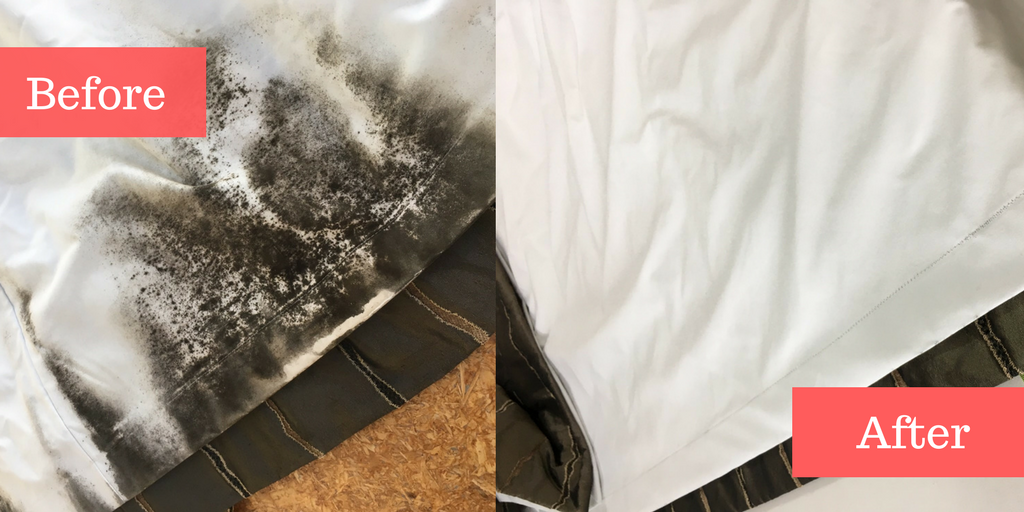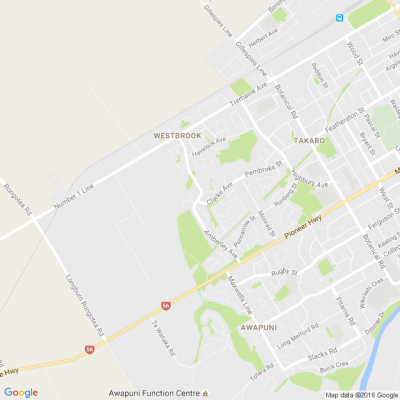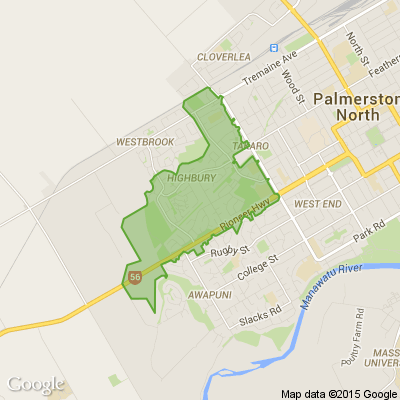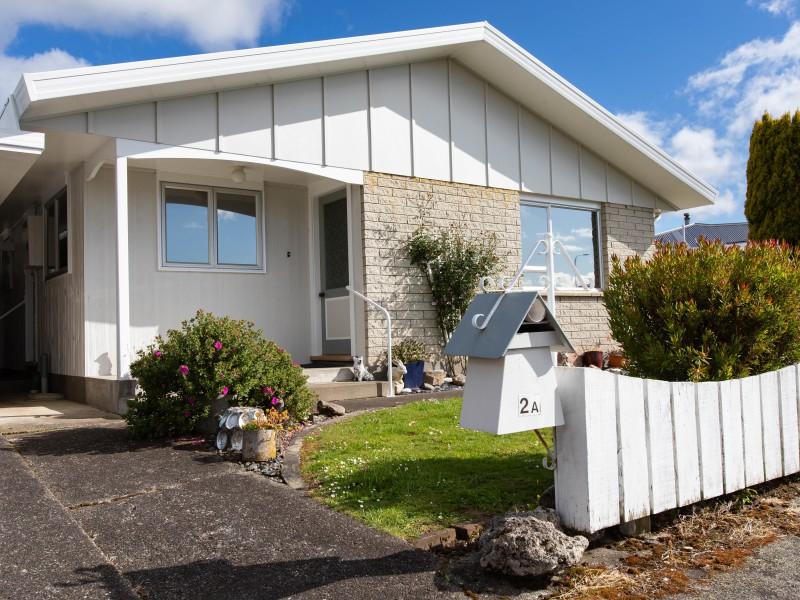Maintaining your Curtains after Cleaning
Keep your newly revived curtains looking fresher for as long as possible with our tips!
Minimise the food sources that encourage mould growth
• Clean soft furnishings regularly according to the manufacturer's instructions. This usually involves a regular light vacuum, with less frequent dry cleaning or laundering.
• Regularly clean windows and wipe down window surrounds and venetian blinds or shutters with a mild detergent in warm water.
• Consider selecting window coverings manufactured from man-made materials, particularly in damp areas such as the bathroom, kitchen and on south facing windows.
Minimise moisture in your home
• Use lids on pots and pans when cooking.
• Never hang clothes to dry inside and vent your clothes drier to the outside.
• Keep your roof, cladding and guttering in good repair.
• Check that stormwater is being discharged to an appropriate outlet.
• Check plumbing for leaks.
• Replace any unflued gas heaters with flued gas or electric heaters.
• Avoid bringing wet clothes or shoes into your home.
Ventilate your home to reduce moisture build-up in the air
• Open north facing doors and windows when you are home during the day, even during the colder months.
• Use exhaust fans in areas where water vapour is created (e.g. the kitchen and bathroom).
• If all else fails, consider a heat recovery ventilation system to replace stale damp air with fresh air.
Maintain an even inside temperature throughout your home to prevent moist air from condensing onto cold areas like windows
• Insulate ceilings, floors and, where possible, walls.
• Improve the insulative properties of your windows by closing your curtains/blinds as soon as the sun goes down each day.
• Replace any thin or unlined window coverings with quality thermal or lined curtains or roman blinds.
• Fit your curtains or blinds as close to the wall as possible to trap air against the window and take your curtains all the way to the floor to prevent air circulating out from under the curtain
• If you are planning any home renovations, consider upgrading joinery to double glazing or installing a retrofitted secondary glazing.

Share your summer photos! 📷
Taken some beautiful snaps lately? Whether it's rainbows, sunsets or a beautiful summer's day, we'd love you to share the joy with us.
Share a photo in the comments below

⚠️ DOGS DIE IN HOT CARS. If you love them, don't leave them. ⚠️
It's a message we share time and time again, and this year, we're calling on you to help us spread that message further.
Did you know that calls to SPCA about dogs left inside hot cars made up a whopping 11% of all welfare calls last summer? This is a completely preventable issue, and one which is causing hundreds of dogs (often loved pets) to suffer.
Here are some quick facts to share with the dog owners in your life:
👉 The temperature inside a car can heat to over 50°C in less than 15 minutes.
👉 Parking in the shade and cracking windows does little to help on a warm day. Dogs rely on panting to keep cool, which they can't do in a hot car.
👉 This puts dogs at a high risk of heatstroke - a serious condition for dogs, with a mortality rate between 39%-50%.
👉 It is an offence under the Animal Welfare Act to leave a dog in a hot vehicle if they are showing signs of heat stress. You can be fined, and prosecuted.
SPCA has created downloadable resources to help you spread the message even further. Posters, a flyer, and a social media tile can be downloaded from our website here: www.spca.nz...
We encourage you to use these - and ask your local businesses to display the posters if they can. Flyers can be kept in your car and handed out as needed.
This is a community problem, and one we cannot solve alone. Help us to prevent more tragedies this summer by sharing this post.
On behalf of the animals - thank you ❤️








 Loading…
Loading…

























